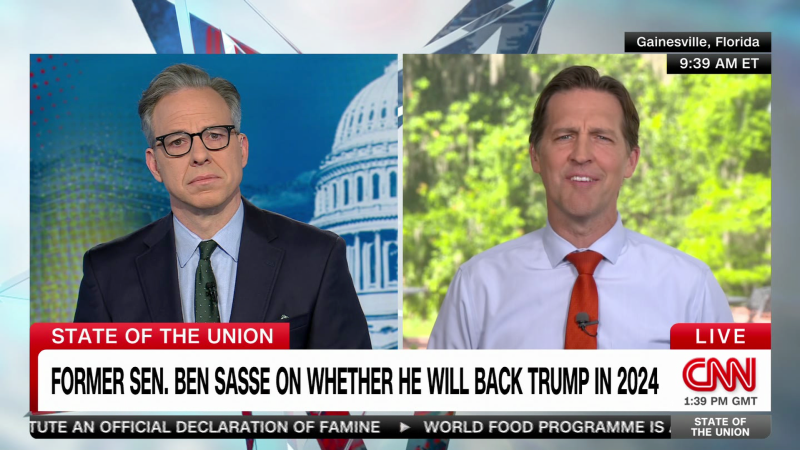Fortuna Düsseldorf, a middleweight sort of a club based in Germany’s richest city and currently treading water in the country’s second division, does not make a likely crucible for a revolution.
It is, though, about to embark on an experiment that could have profound consequences not just for the rest of soccer, but for sports as a whole: Starting next season, Fortuna will set out to give away tickets for several games at its 54,600-seat Merker-Spiel Arena for nothing.
Not cheap tickets. Not reduced-price. Free, for both home and away fans.
“We think it is completely new,” Alexander Jobst, the club’s chief executive, said in an interview on Thursday. “We were trying to think about how we could do the soccer business completely different from before.”
The solution he and his colleagues happened upon, he admitted, might seem just a touch “disruptive.” Ticketing, after all, is the “original income pillar” of the sports industry.
It also represents a considerable portion of Fortuna Düsseldorf’s income. Jobst said in a conference call on Thursday that the club makes as much as 8 million euros ($8.8 million) from gate receipts every season it is in the second division. The figure, he said, was higher when it last played in the Bundesliga, in 2020. That revenue accounts for around a fifth of the club’s total income.
Under its “new strategic vision,” Jobst said, Fortuna would try to replace that with commercial revenue, as well as increased income from merchandise and concessions generated by attendances better than the 29,000 or so it currently attracts.
It has already signed agreements with three partners — worth around $45 million over five years — to start to introduce free tickets next season. Jobst said that he expects three games to be free to enter next year, and he insisted the intention is to expand the plan — financed through the addition of even more new sponsors — to include every game by 2028. “We are convinced we will have the chance to do so,” he said.
The program is unique in a German league system famous for its fan-centered club ownership rules, its low ticket prices and even its ticketing gimmicks: In Berlin a few years ago, for example, one club offered a fan a lifetime season ticket under the condition he have its computer code tattooed onto his arm.
As they weighed options to attract bigger crowds, Jobst said Fortuna had considered the more obvious option of simply reducing its ticket prices before concluding such a move would be dismissed as merely “trying to fill the stadium.” It had also taken into account the risk that fans would fail to turn up for games if their tickets were, in a strictly economic sense, worthless. But the idea of throwing open the doors to everyone — “Football for all,” Jobst called it — won out.
“We want to open Fortuna Düsseldorf to our fans even more than before,” he said. “We want to give something back, to open it to fans regardless of what their personal price barrier is. Let’s open it and see what is going to happen.”
He is aware that his club’s precedent might inspire, or force, other teams to do the same, and he accepted that such an idea is rather easier to adopt in Düsseldorf — a hub for some of Germany’s largest corporations — than it might be elsewhere. That, he said, is why the club believes it will work.
“It fits for Düsseldorf,” he said, “and it fits for Fortuna.”






More News
Kentucky Derby: Mystik Dan wins in photo finish
Why a 5-foot-6, 160-pound SEC walk-on who can’t attend most games wouldn’t stop until he made the team
West Saratoga is a Kentucky Derby long shot. But so was his trainer